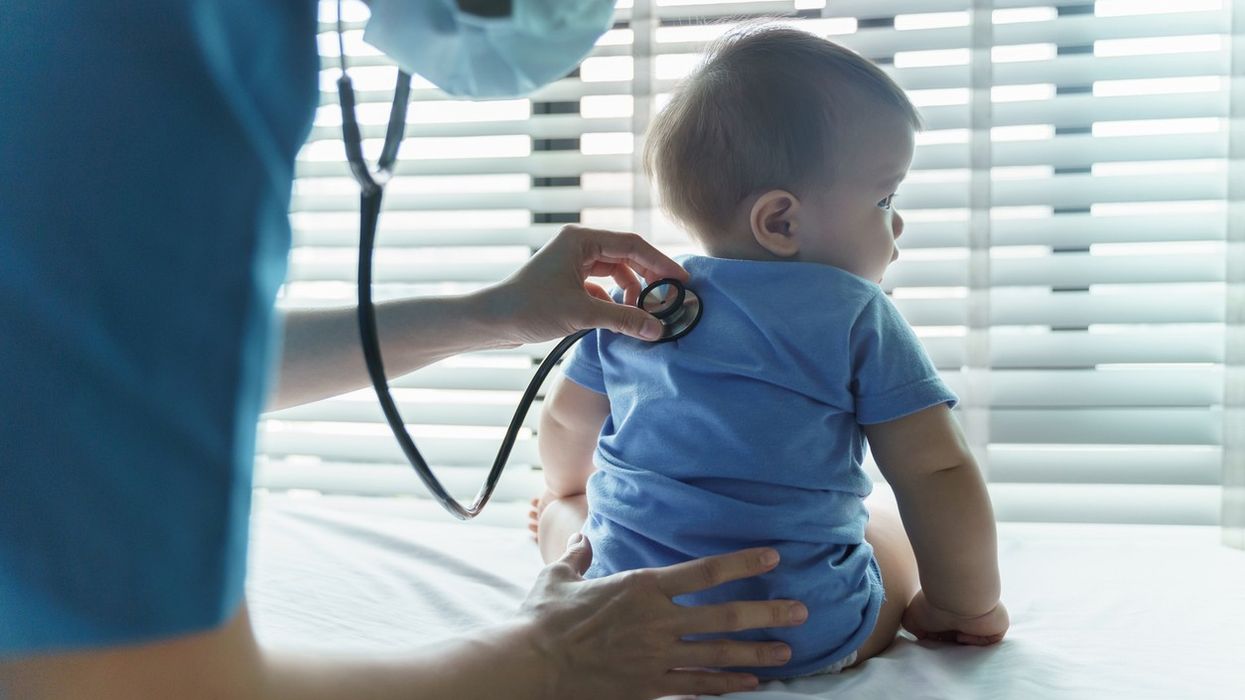Highlights
- NHS to offer nirsevimab injection to 9,000 premature and high-risk babies from late September
- Aims to protect against respiratory syncytial virus (RSV), which can cause severe illness in infants
- Premature babies are 10 times more likely to need intensive care for RSV
- Nirsevimab offers immediate protection and lasts for six months
- Neo-natal units across the UK will deliver the jab
Thousands of premature and high-risk babies in the UK will soon be offered a new immunisation to protect against RSV (respiratory syncytial virus), a common winter virus that can cause serious lung infections and hospitalisation. The NHS will begin delivering the nirsevimab injection from late September, aiming to shield vulnerable infants before the colder months set in.
Premature infants at higher risk from RSV
RSV typically causes coughs and colds, but in some children — particularly those born prematurely or with underlying health conditions — it can lead to bronchiolitis, pneumonia, and breathing difficulties. NHS England says premature babies are three times more likely to be hospitalised due to RSV and ten times more likely to require intensive care compared to full-term infants.
Each year, around 30,000 children under five are admitted to hospital in the UK with RSV, and approximately 30 of them die from complications related to the virus.
New immunisation to deliver immediate protection
While most full-term babies receive protection through maternal vaccination during late pregnancy, those born before 32 weeks miss the opportunity to build sufficient immunity. These infants will now be offered nirsevimab, a long-acting antibody that provides immediate protection for six months in just one dose.
Unlike traditional vaccines that take time to activate the body’s immune response, nirsevimab delivers ready-made antibodies, offering instant defence against infection.
NHS clinics to deliver jabs across the UK
Neo-natal clinics throughout England, Scotland, Wales, and Northern Ireland will administer the injection. Families of vulnerable infants — including those with heart or lung conditions or weakened immune systems — will be advised on how to access the immunisation by their healthcare teams.
Dr Claire Fuller, co-national medical director for NHS England, said the immunisation “will offer a long-lasting defence, helping to avoid unnecessary hospitalisations and serious illness, giving babies the best possible start in life and shielding them from harm.”
Clinical trial success and personal testimony
Ceri Cox, a 33-year-old paediatric nurse, enrolled her two-year-old son Harry in an international clinical trial for nirsevimab at University Hospital Southampton. Having seen the effects of RSV firsthand, she described the rollout as “amazing” and hopes it will help reduce the number of young patients in hospital this winter.
Background on RSV and current vaccination efforts
In 2023, the UK introduced a maternal vaccination programme offering the RSV jab Abrysvo to pregnant women from 28 weeks and to adults aged 75 to 79. The vaccine boosts the mother’s immune system, passing protection to the baby during the first few weeks of life. However, this method is not viable for premature births, hence the need for nirsevimab.
RSV symptoms to watch for
RSV symptoms typically appear a few days after infection and include:
- Runny or blocked nose
- Cough
- Sneezing
- Fever or chills
- Tiredness
Infants may also show:
- Feeding difficulties
- Irritability
- Wheezing
- Rapid or irregular breathing
- Loss of appetite
Severe cases can escalate to pneumonia or bronchiolitis, particularly in high-risk infants.





